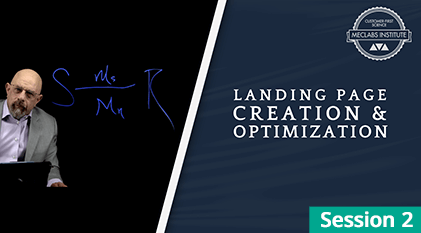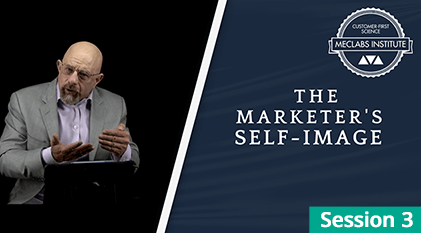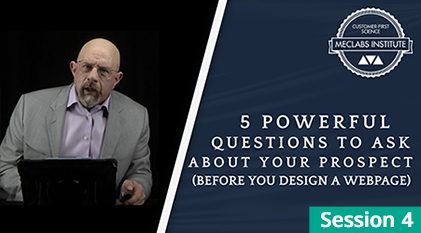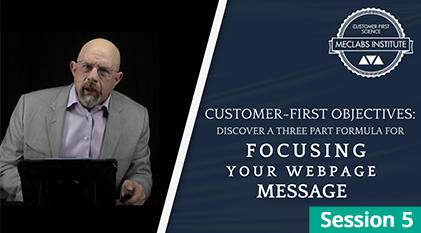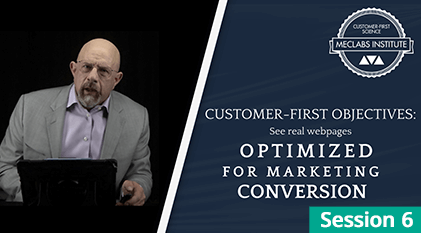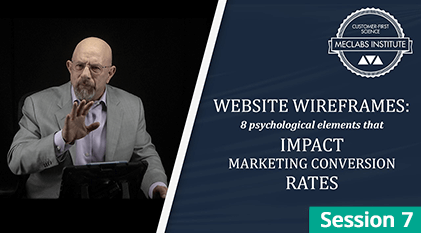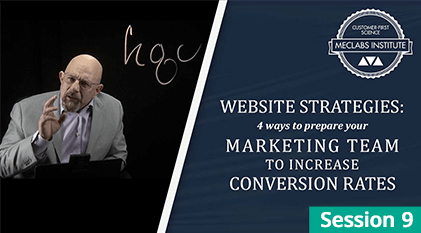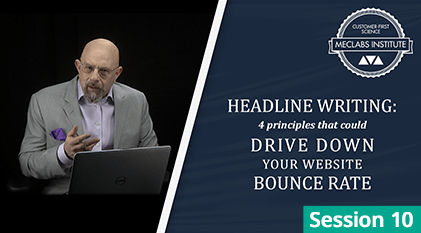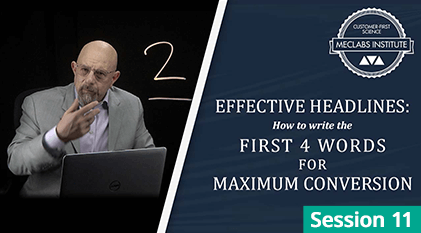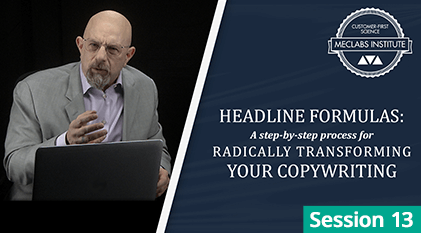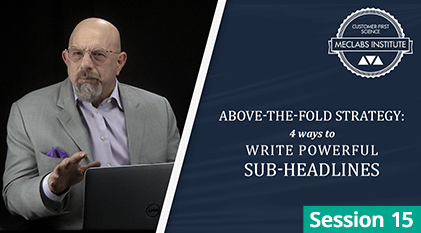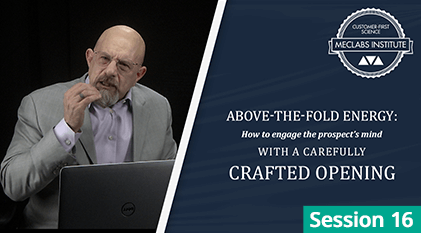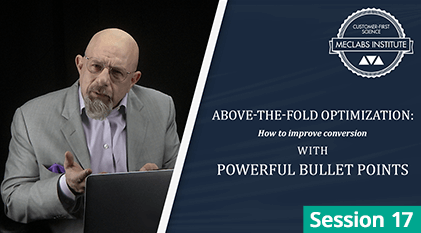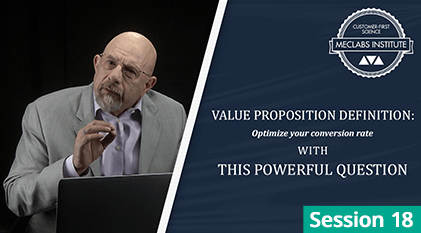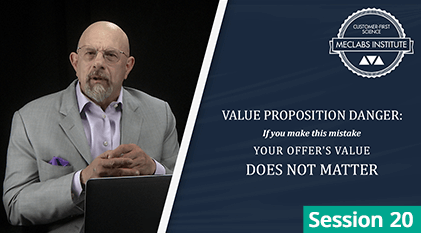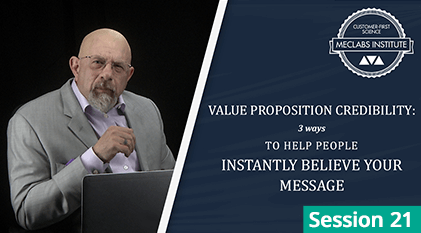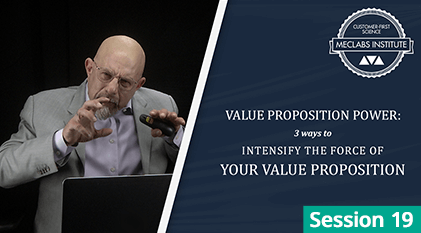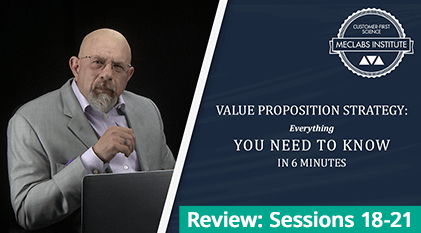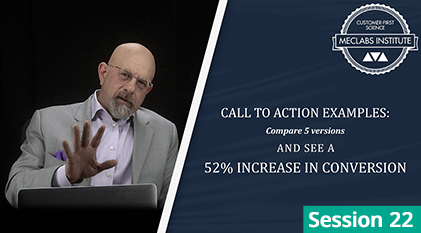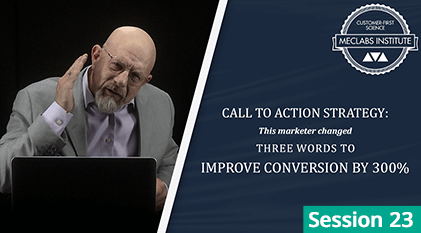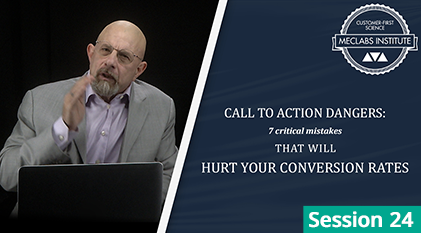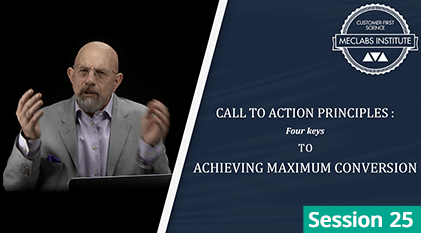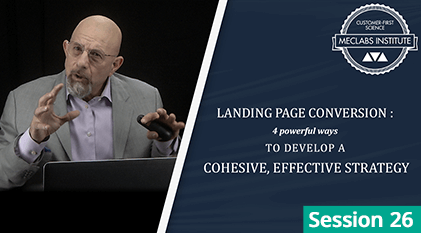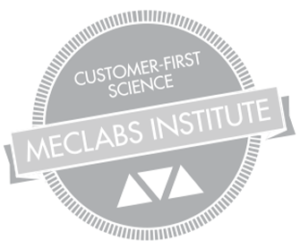Customer profile
Characteristic traits, group of customers, age, gender, income, occupation, and education level, customer, profile, person, individual, client, buyer, purchaser, consumer, shopper. values, attitudes, opinions, Contact information, account history, preferences. personalize the customer’s experience.
Website, store, businesses, customer profile, demographics, age, gender, race, ethnicity, income, education, marital status, children, hobbies, interests, buying habits, favorite brands, spending habits, loyalty to brands, communication preferences, behavioral data, preferences, record.
Customer Profile: How to Create a Detailed Profile
Loyal customer, marketing campaign, business plan, clear picture, few examples, Customer, customers, customer’s, customer service, customer profile, customer support, customer satisfaction
Customer reviews, customer experience, customer journey, customer interview, customer feedback, customer input, customer retention, customer loyalty, customer satisfaction, customer reviews.
How to use customer data to improve your business
How to make a customer profile
How To Increase Customer Retention Rates
How to do market research for your business
How to create a customer profile
How To Boost Repeat Purchases
How often should you update your customer profiles?
How do you know if you have an ideal customer profile?
How do I create a customer journey map?
How can I use customer profiling in my marketing strategy?
How can businesses use customer profiles to create more targeted marketing campaigns
How can businesses use customer profiles to better understand their target audience
Designing better products/services
Designing Better Products & Services
Customer retention strategies
Customer profiling for SEO
Customer profile: how to create one
Customer profile – a comprehensive guide
Customer Profile: How to Use Your Persona
Marketing analytics, Customer relationship management, Business intelligence, linkedin profile, detailed data, smaller organizations, entrepreneurs, prospect data, customer data, convert prospect, behavioral, research laboratory, why do people say yes, marketer entrepreneur.
Time, people, template, questions, buyer, service, community, way, products, points, businesses, companies, team, needs, segment, insights, process, audience, analysis, software, members, strategy, demographics, leads, group, ideal, research, customer profile, ideal customer profile.
Customer Profile: What is Behavioral Data?
Account, customer profiling, ideal customer, customer feedback, sales and marketing campaigns, CRM, current customer, buyer persona, customer journey map, create a customer profile, existing customer base, customer loyalty, pain points, target audience, customer personas.
Customer Profile: How to Use Behavioral Data
Tips for creating a customer profile
Create marketing profile, customer profiling purpose, 6 common customer needs, 3 important things customers wants, 6 basic customer needs, 10 types of customers, 4 types customer buying behavior, 2 types of customers, best type of customer, 4 types of segmentation.
Template, retail, b2b, target market, business, persona, infographic, value proposition, female, ideal, visual, crm, canvas, demographic, mood board, client, strategyzer, consumer, product design, segmentation, avatar, male, dynamics, Behavioral data, preferences, record.
Customer Profile: What Types of Behavioral Data to Collect
Customer Profile: How to Store and Use Behavioral Data
Customer Profile: How to Create an Effective Customer Profile
Customer Profile: What to Do After You Create a Customer Profile
Customer Profile: The Importance of Ongoing Updates
Customer Profile: How to Get Feedback from Customers
Common mistakes businesses make when creating customer profiles
Customer Profile: How to Use Customer Feedback
Customer Profile: The Importance of Satisfaction
Can I use customer profiling to personalize my marketing communication?
Can data from social media help create customer profiles?
Boosting customer loyalty
Attracting new customers
Analyzing purchasing patterns
The power of customer segmentation
Experience, company, behaviors, related articles, review your customer, emails, lead, things, template, educational, values,, estate, current customers,, source, purchasing, people, key questions, profile templates, customer profile templates, loyal, ideal customer profile, customer profiling
Customer types, customer profile analysis, identify customer, create customer profile, customer profiling example, customer profiling factors, 4 main customer needs, 7 customers types, 5 customers types, customer profile CRM, Analyze customer profile, select customers.
Customer Profile – The Basics
Creating targeted marketing campaigns
Creating a customer persona
The importance of understanding your customer
Segmentation,psychographic, psychographics, hobbies, to answer, interests, mind, target audience, behavioral, traits, create customer profiles, demographic, used, policy, last, great, statistics, discounts, useful, customer profile template, receive, gender, consumers.
Demographics, population, attitudes, income, made, privacy, plans, lifestyle, much, inspiration, female, feel, created, distinct, differences, customer profiling, socioeconomic, customer, survey, b2b customer profile, location, loyalty, creating customer profiles, habits, profiling, audience
Why you need to understand your target market
What you need to know about customer profiling
What to Include in a Customer Profile
What is the value of customer profiling for a company?
What is Behavioral Data and How to Use it in a Customer Profile?
The Importance of a Customer Profile
Merchant, seller, vendor, tradesman, configuration, figure, outline, character, account, client, consumer, end user, user, buyer, purchaser, prospect, shopper, merchant, seller, vendor, tradesman, configuration, figure, outline, character, psychographics, demographic.
Demographics, psychographic, target audience, statistics, customer loyalty, customer feedback, habits, information, behaviors, insight, market, product, target marketing, customer journey, navigation, targeting, goal, retailers, software, consumer, customer, price.
What is a customer profile and why is it important for businesses to create one
Ideal customer, customer profiles, customer profile, customer profiling, potential customers, target market, pain points, sales team, buyer persona, ideal customers, target audience, target customer profile, sales process, customer profile analysis, customer data, current customers.
Customer profile, buyer personas, customer base, common traits, social media, data points, consumer profiles, target customer, target customers, google analytics, good idea, customer, demographics, buyer, crm, b2b, b2c, analytics, pain, software, startup, revenue, niche, traits.
What else should businesses keep in mind when creating customer profiles
What are some best practices for creating customer personas or profiles?
What are different types of segments or customer personas for companies?
Using a Customer Profile for Marketing Purposes
Understanding customer behavior
Tips for creating buyer personas
The different types of customer profiles
Contextual details, customer directory, customer churn, accurate customer profile, customer acquisition cost, customer traits, benefits of customer profiles, marketing activities, account-based marketing strategy, list of attributes, notable attributes, buyer type attributes, business offering.
Average sales person, typical buying journey, search terms, market segmentation, contact record, contact list, actionable insights, access to resources, broad audience, purchasing behaviors, account, client, consumer, end user, user, buyer, purchaser, prospect, shopper.
Increasing Customer Loyalty
Improving marketing channels
Improving customer service
How to use customer profiling to increase sales
How to use customer profiling in your business
How to Use Customer Profiles in CRM
The Differences Between a B2B and B2C Customer
Customer behavior, customer types, ideal customer profile, sales team, marketing team, account based marketing, customers fall, demographic data, gain insight, communications channels, demographic characteristics, customer experience, buying patterns, customer information.
Contextual details, external attributes, target audicences, annual revenue, best customers, small business, marketing plan, relevant content, editor´s note, more value, relevant information, other attributes, specific vertical, annual turnover, services, potential customers.
Marketing strategy, customer base, target customer, B2B customer profile, customer in terms, customer retention, future customers, marketing channel, common attributes, behavioral attributes, B2B company, buying process, purchasing decision, annual turnover, common denomitators.
The benefits of customer profiling
Predictive, engaging, engagement, blueprint, prospect , who you can serve, build a landing page, phases, fear , risk, opportunity, decision style, right message, micro yes, inverted funnel, sequence of thought, critical elements.
Test, ab test, a/b test, a-b test, AB test, grow conversion, stylization, best communicate, clarity, persuasion, customer, profile, customers, business, marketing, sales, profiles, market, data, product, target, example.
Segmenting Your Customers for Marketing Success
Segmenting customers
Reducing churn rates
Profiling Your Target Audience
Increasing repeat purchases
Customer Profile: The Importance of Knowing Your Customers
Customer persona, marketing messages, customer based, external demographics, target audiences, in depth, other businesses, new company, editor’s note, effective campaigns, job role, demographic information, company size, communication channels, entire company, behavior.
Customer type, customer interviews, customer profile notes, simple customer profile template, collect customer feedback, customer profile examples, target accounts, potential customer, b2b marketing, ideal customer profile template, existing customers, prospects, success story, typical customer.
Customer Profile: How to Identify Your Target Audience
Characteristic traits, group of customers, age, gender, income, occupation, and education level, customer, profile, person, individual, client, buyer, purchaser, consumer, shopper. values, attitudes, opinions, marketing strategies, customer profiles, Customer, customers, customer’s, customer service.
Customer profile, customer support, customer satisfaction, customer reviews, customer experience, customer journey, customer interview, customer feedback, customer input, customer retention, customer loyalty, customer satisfaction, customer reviews, consumer
Customer Profile: What Demographics to Include
Client profile, consumer, consumer profile, customer, customer profile, customer profiles, customer’s, customers, our, profile, profile your, profiles, the, the customer, the customer profile, the customer’s, the customers, the profile, their, their consumer profiles.
Their customers, your, your customer, your customer profile, your customer profiles, your customer’s, your customers, your profile, Customer profile format, Customer profile example, What is ideal customer profle.
Customer Profile: How to Gather Information
Customer profile template, Customer portrait, Customer data profile, How to make a consumer profile, related,type, customer profile example, customer profile canvas, customer profile template, niche market, buyer persona, ideal customer profile, customer profile icon, value map.
Target customer profile template, customer profile pains gains, target market, profile picture, customer profile map, customer profile ejemplos, niche marketing, customer profile, customer profiling, ideal customer profile, ideal client profile, customer profiling example, customer profiles examples.
Customer Profile: What to Do With the Information You Collect
Target customer profile, retail customer profile, ideal customer, b2b customer profile template, costumer profile, customer profile value proposition, customer profile example, customer profile canvas, customer profile template, niche market, buyer persona, ideal customer profile.
Customer profile icon, value map, target customer profile template, customer profile pains gains, target market, profile picture, customer profile map, customer profile ejemplos, niche marketing, customer profile, customer profiling, ideal customer profile, ideal client profile.
Customer Profile: How to Create a Persona
Customer profiling example, customer profiles examples,other, customer profile, consumer profile, customers, description of your current customers, 6 steps to create a consumer profile, customer, customer profiles, customer, profiles, your customers, their customers, your customer profiles.
Example, template, data, format, what is ideal, portrait, how to make a consumer, customer behavior, decisions, market segmentation, predictive analytics, direct marketing, site selection, customer relationship management, Uses, Predicting customer behavior, customer attrition, psychographic.
What are some common traits of ideal customers?
Customer Relationship Management, buying habits, consumer profiles, predictive models, segmentation techniques, buyer decision processes, Business analytics, Customer interaction tracker, Customer intelligence, Data warehouse, Market research,, Customer data management.
Session #4
Your Customer Profile: 5 powerful questions to ask about your prospect (before you design a webpage)
Customer profile
Characteristic traits, group of customers, age, gender, income, occupation, and education level, customer, profile, person, individual, client, buyer, purchaser, consumer, shopper. values, attitudes, opinions, Contact information, account history, preferences. personalize the customer’s experience.
Website, store, businesses, customer profile, demographics, age, gender, race, ethnicity, income, education, marital status, children, hobbies, interests, buying habits, favorite brands, spending habits, loyalty to brands, communication preferences, behavioral data, preferences, record.
Customer Profile: How to Create a Detailed Profile
Loyal customer, marketing campaign, business plan, clear picture, few examples, Customer, customers, customer’s, customer service, customer profile, customer support, customer satisfaction
Customer reviews, customer experience, customer journey, customer interview, customer feedback, customer input, customer retention, customer loyalty, customer satisfaction, customer reviews.
How to use customer data to improve your business
How to make a customer profile
How To Increase Customer Retention Rates
How to do market research for your business
How to create a customer profile
How To Boost Repeat Purchases
How often should you update your customer profiles?
How do you know if you have an ideal customer profile?
How do I create a customer journey map?
How can I use customer profiling in my marketing strategy?
How can businesses use customer profiles to create more targeted marketing campaigns
How can businesses use customer profiles to better understand their target audience
Designing better products/services
Designing Better Products & Services
Customer retention strategies
Customer profiling for SEO
Customer profile: how to create one
Customer profile – a comprehensive guide
Customer Profile: How to Use Your Persona
Marketing analytics, Customer relationship management, Business intelligence, LinkedIn profile, detailed data, smaller organizations, entrepreneurs, prospect data, customer data, convert prospect, behavioral, research laboratory, why do people say yes, marketer entrepreneur.
Time, people, template, questions, buyer, service, community, way, products, points, businesses, companies, team, needs, segment, insights, process, audience, analysis, software, members, strategy, demographics, leads, group, ideal, research, customer profile, ideal customer profile.
Customer Profile: What is Behavioral Data?
Account, customer profiling, ideal customer, customer feedback, sales and marketing campaigns, CRM, current customer, buyer persona, customer journey map, create a customer profile, existing customer base, customer loyalty, pain points, target audience, customer personas.
Customer Profile: How to Use Behavioral Data
Tips for creating a customer profile
Create marketing profile, customer profiling purpose,6 common customer needs, 3 important things customers wants, 6 basic customer needs, 10 types of customers, 4 types customer buying behavior, 2 types of customers, best type of customer, 4 types of segmentation.
Template, retail, b2b, target market, business, persona, infographic, value proposition, female, ideal, visual, crm, canvas, demographic, mood board, client, strategize, consumer, product design, segmentation, avatar, male, dynamics, Behavioral data, preferences, record.
Customer Profile: What Types of Behavioral Data to Collect
Customer Profile: How to Store and Use Behavioral Data
Customer Profile: How to Create an Effective Customer Profile
Customer Profile: What to Do After You Create a Customer Profile
Customer Profile: The Importance of Ongoing Updates
Customer Profile: How to Get Feedback from Customers
Common mistakes businesses make when creating customer profiles
Customer Profile: How to Use Customer Feedback
Customer Profile: The Importance of Satisfaction
Can I use customer profiling to personalize my marketing communication?
Can data from social media help create customer profiles?
Boosting customer loyalty
Attracting new customers
Analyzing purchasing patterns
The power of customer segmentation
Experience, company, behaviors, related articles, review your customer, emails, lead, things, template, educational, values, estate, current customers,, source, purchasing, people, key questions, profile templates, customer profile templates, loyal, ideal customer profile, customer profiling
Customer types, customer profile analysis, identify customer, create customer profile, customer profiling example, customer profiling factors, 4main customer needs, 7 customers types, 5 customers types, customer profile CRM, Analyze customer profile, select customers.
Customer Profile – The Basics
Creating targeted marketing campaigns
Creating a customer persona
The importance of understanding your customer
Segmentation, psychographic, psychographics, hobbies, to answer, interests, mind, target audience, behavioral, traits, create customer profiles, demographic, used, policy, last, great, statistics, discounts, useful, customer profile template, receive, gender, consumers.
Demographics, population, attitudes, income, made, privacy, plans, lifestyle, much, inspiration, female, feel, created, distinct, differences, customer profiling, socioeconomic, customer, survey, b2b customer profile, location, loyalty, creating customer profiles, habits, profiling, audience
Why you need to understand your target market
What you need to know about customer profiling
What to Include in a Customer Profile
What is the value of customer profiling for a company?
What is Behavioral Data and How to Use it in a Customer Profile?
The Importance of a Customer Profile
Merchant, seller, vendor, tradesman, configuration, figure, outline, character, account, client, consumer, end user, user, buyer, purchaser, prospect, shopper, merchant, seller, vendor, tradesman, configuration, figure, outline, character, psychographics, demographic.
Demographics, psychographic, target audience, statistics, customer loyalty, customer feedback, habits, information, behaviors, insight, market, product, target marketing, customer journey, navigation, targeting, goal, retailers, software, consumer, customer, price.
What is a customer profile and why is it important for businesses to create one
Ideal customer, customer profiles, customer profile, customer profiling, potential customers, target market, pain points, sales team, buyer persona, ideal customers, target audience, target customer profile, sales process, customer profile analysis, customer data, current customers.
Customer profile, buyer personas, customer base, common traits, social media, data points, consumer profiles, target customer, target customers, google analytics, good idea, customer, demographics, buyer, crm, b2b, b2c, analytics, pain, software, startup, revenue, niche, traits.
What else should businesses keep in mind when creating customer profiles
What are some best practices for creating customer personas or profiles?
What are different types of segments or customer personas for companies?
Using a Customer Profile for Marketing Purposes
Understanding customer behavior
Tips for creating buyer personas
The different types of customer profiles
Contextual details, customer directory, customer churn, accurate customer profile, customer acquisition cost, customer traits, benefits of customer profiles, marketing activities, account-based marketing strategy, list of attributes, notable attributes, buyer type attributes, business offering.
Average sales person, typical buying journey, search terms, market segmentation, contact record, contact list, actionable insights, access to resources, broad audience, purchasing behaviors, account, client, consumer, end user, user, buyer, purchaser, prospect, shopper.
Increasing Customer Loyalty
Improving marketing channels
Improving customer service
How to use customer profiling to increase sales
How to use customer profiling in your business
How to Use Customer Profiles in CRM
The Differences Between a B2B and B2C Customer
Customer behavior, customer types, ideal customer profile, sales team, marketing team, account based marketing, customers fall, demographic data, gain insight, communications channels, demographic characteristics, customer experience, buying patterns, customer information.
Contextual details, external attributes, target audiences, annual revenue, best customers, small business, marketing plan, relevant content, editor´s note, more value, relevant information, other attributes, specific vertical, annual turnover, services, potential customers.
Marketing strategy, customer base, target customer, B2B customer profile, customer in terms, customer retention, future customers, marketing channel, common attributes, behavioral attributes, B2B company, buying process, purchasing decision, annual turnover, common denominators.
The benefits of customer profiling
Predictive, engaging, engagement, blueprint, prospect , who you can serve, build a landing page, phases, fear , risk, opportunity, decision style, right message, micro yes, inverted funnel, sequence of thought, critical elements.
Test, ab test, a/b test, a-b test, AB test, grow conversion, stylization, best communicate, clarity, persuasion, customer, profile, customers, business, marketing, sales, profiles, market, data, product, target, example.
Segmenting Your Customers for Marketing Success
Segmenting customers
Reducing churn rates
Profiling Your Target Audience
Increasing repeat purchases
Customer Profile: The Importance of Knowing Your Customers
Customer persona, marketing messages, customer based, external demographics, target audiences, in depth, other businesses, new company, editor’s note, effective campaigns, job role, demographic information, company size, communication channels, entire company, behavior.
Customer type, customer interviews, customer profile notes, simple customer profile template, collect customer feedback, customer profile examples, target accounts, potential customer, b2b marketing, ideal customer profile template, existing customers, prospects, success story, typical customer.
Customer Profile: How to Identify Your Target Audience
Characteristic traits, group of customers, age, gender, income, occupation, and education level, customer, profile, person, individual, client, buyer, purchaser, consumer, shopper. values, attitudes, opinions, marketing strategies, customer profiles, Customer, customers, customer’s, customer service.
Customer profile, customer support, customer satisfaction, customer reviews, customer experience, customer journey, customer interview, customer feedback, customer input, customer retention, customer loyalty, customer satisfaction, customer reviews, consumer
Customer Profile: What Demographics to Include
Client profile, consumer, consumer profile, customer, customer profile, customer profiles, customer’s, customers, our, profile, profile your, profiles, the, the customer, the customer profile, the customer’s, the customers, the profile, their, their consumer profiles.
Their customers, your, your customer, your customer profile, your customer profiles, your customer’s, your customers, your profile, Customer profile format, Customer profile example, What is ideal customer profile.
Customer Profile: How to Gather Information
Customer profile template, Customer portrait, Customer data profile, How to make a consumer profile, related, type, customer profile example, customer profile canvas, customer profile template, niche market, buyer persona, ideal customer profile, customer profile icon, value map.
Target customer profile template, customer profile pains gains, target market, profile picture, customer profile map, customer profile examples, niche marketing, customer profile, customer profiling, ideal customer profile, ideal client profile, customer profiling example, customer profiles examples.
Customer Profile: What to Do With the Information You Collect
Target customer profile, retail customer profile, ideal customer, b2b customer profile template, costumer profile, customer profile value proposition, customer profile example, customer profile canvas, customer profile template, niche market, buyer persona, ideal customer profile.
Customer profile icon, value map, target customer profile template, customer profile pains gains, target market, profile picture, customer profile map, customer profile examples, niche marketing, customer profile, customer profiling, ideal customer profile, ideal client profile.
Customer Profile: How to Create a Persona
Customer profiling example, customer profiles examples, other, customer profile, consumer profile, customers, description of your current customers, 6 steps to create a consumer profile, customer, customer profiles, customer, profiles, your customers, their customers, your customer profiles.
Example, template, data, format, what is ideal, portrait, how to make a consumer, customer behavior, decisions, market segmentation, predictive analytics, direct marketing, site selection, customer relationship management, Uses, Predicting customer behavior, customer attrition, psychographic.
What are some common traits of ideal customers?
Customer Relationship Management, buying habits, consumer profiles, predictive models, segmentation techniques, buyer decision processes, Business analytics, Customer interaction tracker, Customer intelligence, Data warehouse, Market research,, Customer data management.
In Session #4, Flint McGlaughlin teaches how to convert prospect data into customer wisdom.
Here are some of the most important insights from this class:
- For the Marketer Entrepreneur, the value of data is absolutely derived from its predictive power (Grand Customer Theory).
- Focus not on the DEMOGRAPHICS; focus on the PSYCHOGRAPHICS.
- We progress UP the funnel through a series of micro-yeses.
- Embarrassment is often the price of marketing wisdom.
- You can only change a page in three ways; you can (1) ADD, (2) REMOVE, or (3) CHANGE.
To get immediate help with your marketing challenges, just contact Flint and his team: F.McGlaughlin@MECLABS.com
Editor’s Note: This session includes a Classic Case Study. Sometimes the newer experiments involve a learning so profound to share it would give up competitive advantage. The Classic Experiments are old enough to allow us to share much more of the more data and learnings.
Related Resources
Essential Course Resources
Scaling to a $15 million company in 18 months by transparently serving an ideal customer and saying “no” to other business (Podcast Episode #1)
5 Best Marketing Questions to Determine Your Customer’s Needs
Laugh and Learn: 3 funny stories with serious marketing lessons
The Marketer as Philosopher – Reflection #7
The paradox of marketing is this: Our primary work is to “say”, but our primary art is to “hear.” Listening precedes telling. Hemingway is renown for advising the young writer to make every word count – “It is better to be lucky but I would rather be exact.” He is rarely quoted for his other advice, “When people talk, listen completely.” The marketer…Learn more about the book
Course Retention Exercise
This quiz is carefully designed based on the latest learning technology in order to help you improve retention of the key principles.
Previous Lesson / Next Lesson


